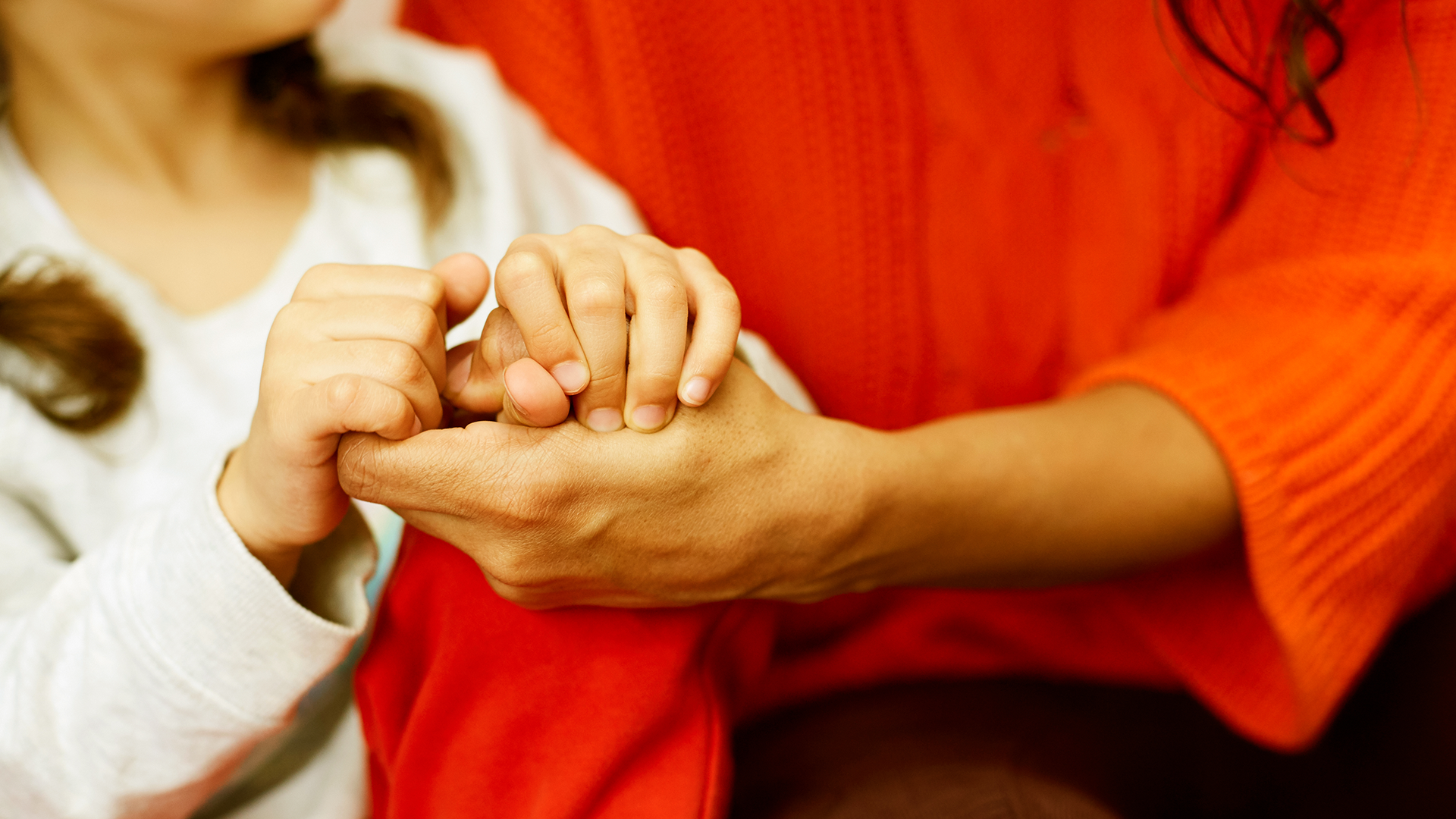What is grief?
Losing someone we love and feel close to, or going through a bereavement, can be extremely painful. Grief is our natural response to this loss. It is a process rather than an event.
Your child or young person, as well as you and other family members, may be grieving because:
- someone in the family has died, like a parent, grandparent or sibling
- their friend or someone at school has died
- they have lost someone by suicide
- someone they are close to has become ill
- a pet has died or been lost
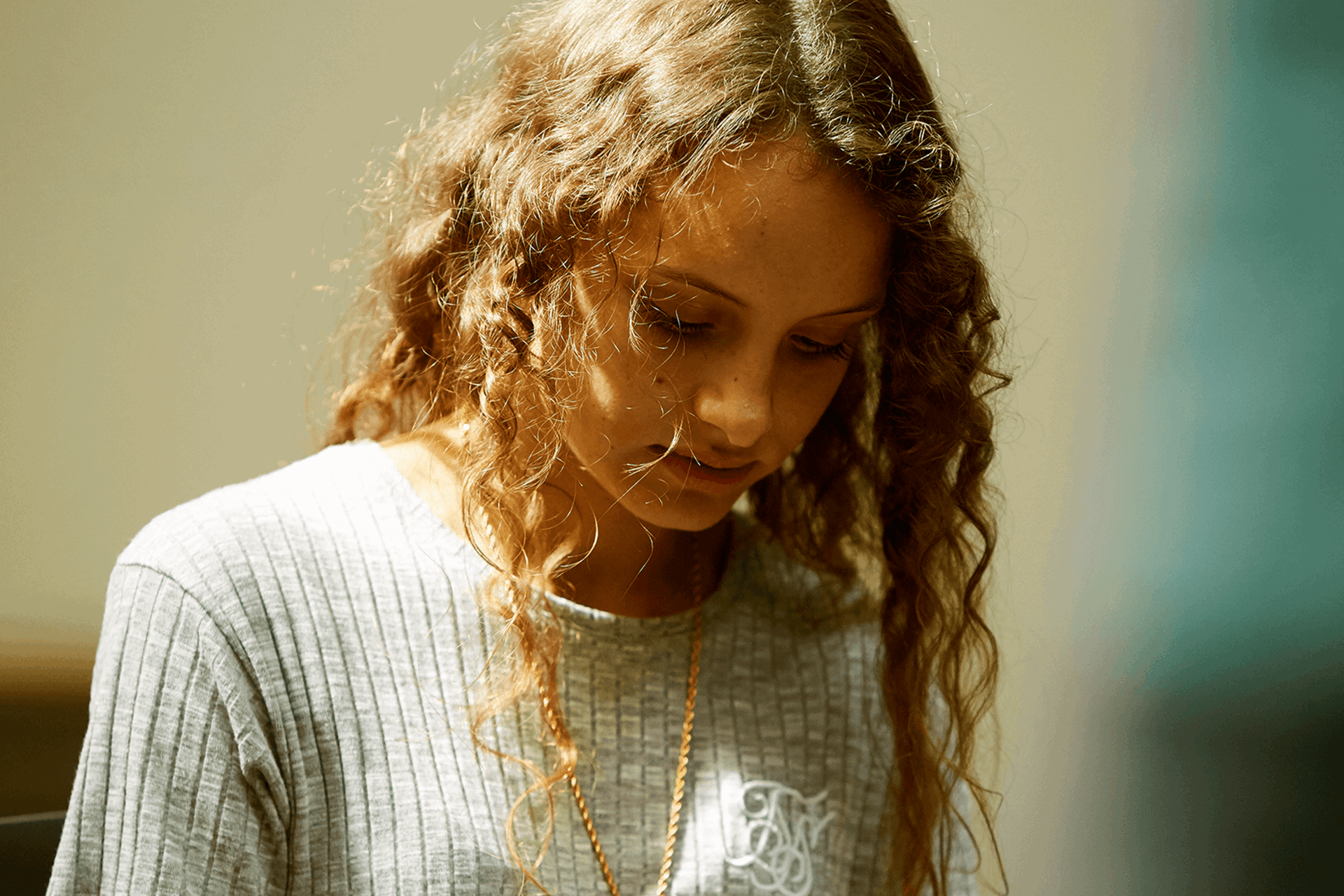
What does grief feel like?
Grief feels different to every individual. Our feelings around grief also change over time. At different points, a young person who is grieving might feel incredibly sad, lonely, tearful, angry, reflective, numb or heartbroken.
They may also experience some of the physical signs of grief. These can include:
- waves of crying, which can sometimes feel like they come out of the blue
- feeling unwell or sick
- eating more or less than before
- being extremely tired
- finding it difficult to get to sleep
- finding it difficult to concentrate, including at school
You might sometimes hear people talk about the ‘stages of grief’ or the ‘grief cycle’. These describe some of the common feelings that people who are grieving can experience.
It’s important to understand that not everyone experiences these things. And that we do not move through the stages one-by-one. We might move forwards or backwards between them, or experience them in any order. Or we might feel different emotions completely.
Some people argue that the 'five stages of grief' can make it feel like there's one way to grieve. Or like they’re grieving the 'wrong' way. Remember that everyone grieves differently. There is no right or wrong way to grieve. It's okay to feel any emotion and to process it in our own way. It’s a time for being kind and patient with ourselves.
- Denial – for example, feeling confused, numb or in shock.
- Anger – this might be towards the person who has died, or with the world in general.
- Bargaining – for example, going over things from the past, or feeling guilty or anxious.
- Depression – this might feel like intense sadness or loneliness about living without the person.
- Acceptance – this might be feeling more able to live with our grief, rather than feeling we have ‘got over it’.
Tips for talking about grief and loss
-
Explain what’s happened and what it means
When someone has died, tell them about this clearly using age-appropriate language. You can get advice to help you find the right words on the Winston’s Wish website.
-
Use clear language
Even though it can feel difficult, use direct words such as ‘died’ or ‘dead’. Avoid expressions such as ‘gone to sleep’ or ‘passed on’, as these can be confusing.
-
Give space for them to ask questions
Some children and young people might want to talk about what happens after we die. It’s okay to be curious about what they think, and to say you don’t have all the answers. You and your family might have your own religious and cultural beliefs about this, and you might want to talk about these together.
-
Focus on listening and empathising
Be curious and non-judgmental about how they’re feeling. Avoid trying to ‘fix’ things. You won’t be able to make it all better, but being there to listen makes a huge difference.
-
Let them express whatever they’re feeling
Remind them that there’s no right or wrong way to grieve. It’s completely understandable to feel however they do. If they are worried about feeling nothing or numb, reassure them that this is a normal reaction. It can be our body’s way of protecting us until we are ready to start processing what’s happened.
-
Make sure they know it isn’t their fault
Your child or young person might tell you they are blaming themselves, or you might be worried about this. Be very clear that while it’s normal to worry about this, it is absolutely not their fault or responsibility. No one is ever responsible for someone dying or getting ill.
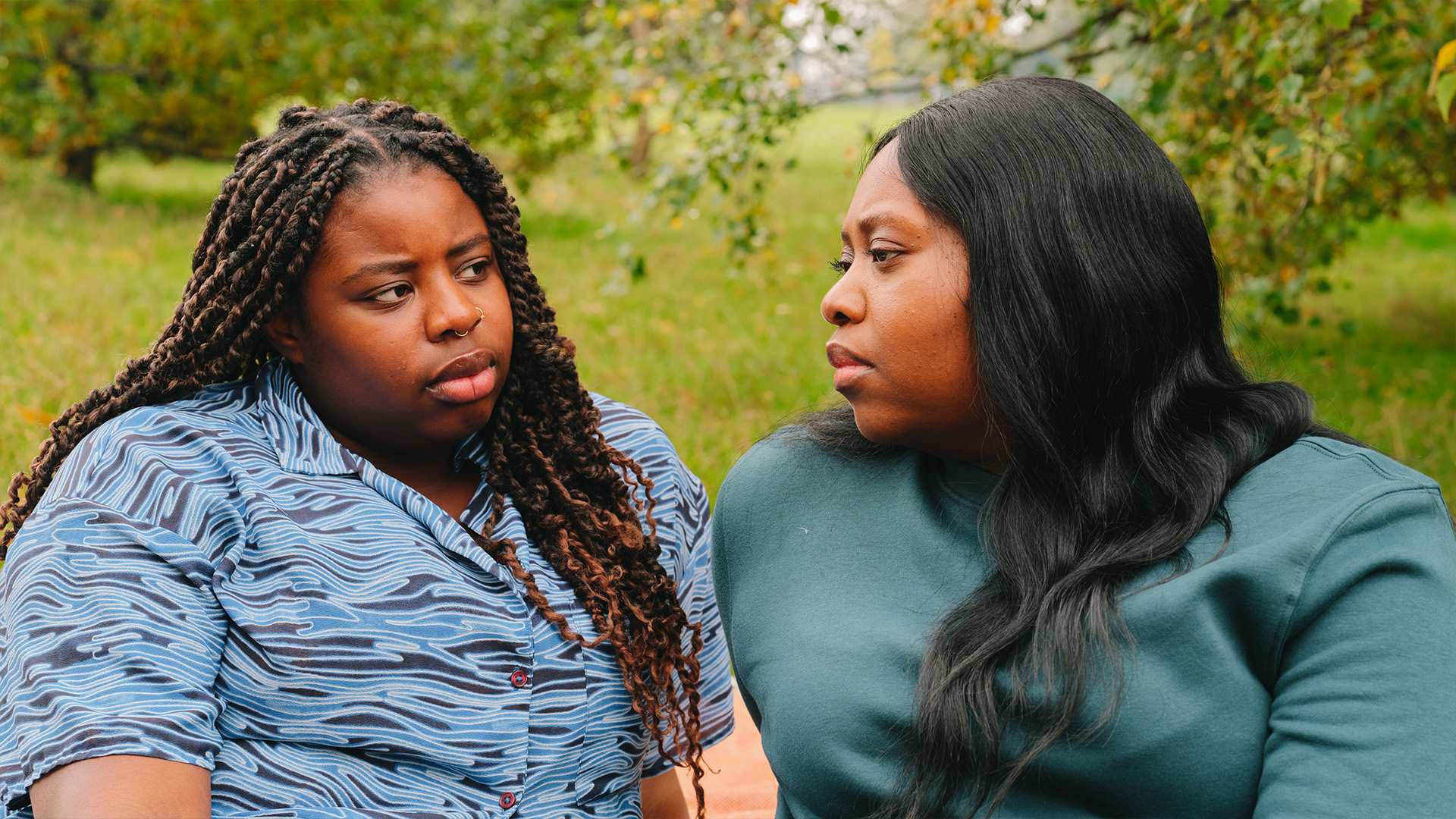
If your child or young person feels uncomfortable about talking, you could try starting a conversation while doing an activity. This can help them to relax by making it feel less like a ‘big chat’. Have a look at our activity suggestions to get some ideas.
It’s also okay to give them some space, especially with older children and teenagers. Sometimes it helps to just sit together quietly, or to offer a hand squeeze or hug. Reassure them that it’s okay to talk to someone else they trust too.
You can find more tips about talking in our guide.
Helping your child or young person to cope with grief
This can help to make their emotions feel more manageable. It can also be a way for them to start to deal with the loss.
What this could look like in real life
It could be:
- writing a letter to the person they have lost
- writing a letter to you or someone else who is supporting them
- keeping a diary or journal of how they feel
- painting or drawing pictures
- writing songs or poems
- creating a memory box of things which remind them of the person they have lost, like films, clothes and perfume
Include them in events such as the funeral in an age-appropriate way. Prepare them for these so they know what to expect.
What this could look like in real life
Ask your child or young person how they would like to be involved and what they feel comfortable with. Even if they do not want to be present for the whole funeral, or they’re too young for this, they can still contribute. For example, they could draw something to display at the ceremony, choose a piece of music or help to arrange the flowers. You can find more advice about involving children in funerals on the Marie Curie website.
This can help them to express their love for the person they have lost.
What this could look like in real life
They might want to:
- light a candle
- let off balloons
- say a prayer or poem
- write a letter
- plant a flower or tree
- visit the grave or another special place
Even small moments of quality time can go a long way in terms of making your child or young person feel loved and cared for. It can also give them a break from the grief, helping them feel safe and relaxed, even if just for a little while.
What this could look like in real life
Set aside an hour to do something together. You might want to draw, make something, listen to music, play sport, bake or watch a favourite film.
Your child or young person might feel worried that it’s wrong to have a good time. But doing something they enjoy can lift their mood and give them a break from their grief.
What this could look like in real life
'I've noticed that you've stopped playing football. I just wondered if you feel like you shouldn't do it? You know, I'm doing things that I enjoy, even though I'm also really sad. It doesn't mean we don't miss them, and they'd want us to have fun'.
It’s important that your child or young person knows they can talk about the person whenever they want to. It can be very confusing to feel like the person has become a ‘secret’. Or like they cannot talk about them because it upsets other people.
What this could look like in real life
Share your memories of the person together and choose photos to put up in the house. Plan anniversaries together ahead of time, and think about how you'd like to mark them.
Ask your child or young person whether there’s anything that would help them at school. You can speak to their teacher, pastoral lead or SENCO (Special Educational Needs Coordinator) about what the school can offer.
What this could look like in real life
Your child or young person might want to know which teacher they can chat to if they’re feeling upset. Or it might help for them to have a safe space where they can go when they feel like they can’t concentrate.
Losing someone we’re close to can be very disorientating. It can be helpful to provide a sense of security and stability.
What this could look like in real life
Keep doing things like family mealtimes and favourite activities. Support them to continue their hobbies, see friends and do schoolwork.
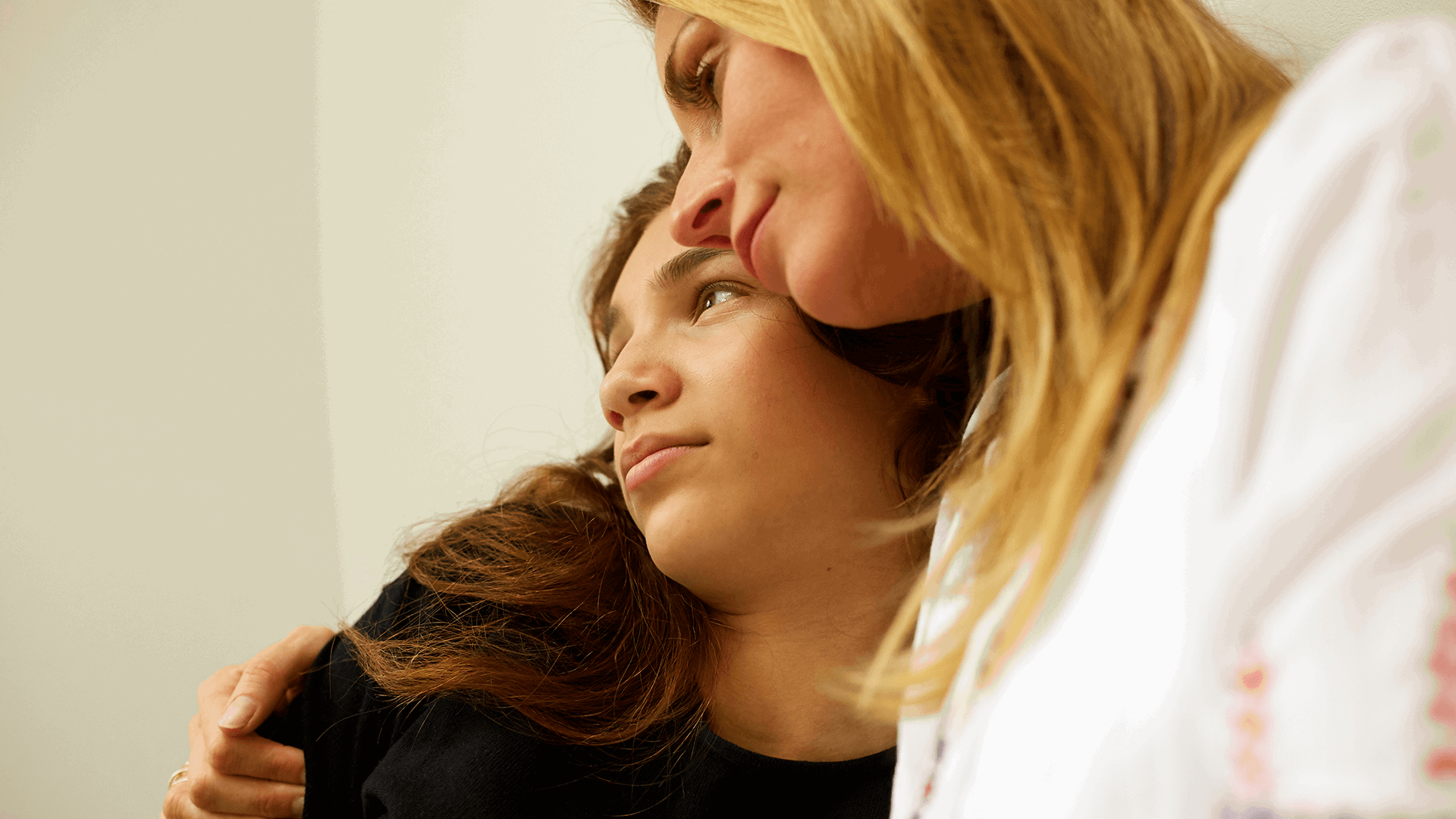
Supporting your child or young person with a sudden death
When someone they're close to dies suddenly or unexpectedly, children and young people are likely to feel extremely shocked. They may find it impossible to believe that it’s happened, or feel numb and empty. They might find it difficult to talk, or to eat or drink. They may experience physical symptoms like tummy aches, headaches and being extremely tired. These reactions are a normal way of coping with huge shock.
In the days and weeks after a sudden death, the most important thing you can do is provide safety and support.
-
Hold and reassure them
Wrap your arms around them and tell them how much you love them. Let them know they’re not alone and you’re here for them.
-
Tell the people who need to know
Tell everyone who needs to know what’s happened, including someone at their school.
-
Help them meet their basic needs
Guide them through daily things like eating (even if it’s something small), drinking water, washing, keeping warm and getting some sleep.
-
Take care of their normal responsibilities
Let them continue with things like feeding and walking pets if they’d like to. But make sure they know they don’t have to do these things right now. Arrange for someone else to cover them if they’re worried about it.
-
Gently offer opportunities to talk
Create space for them to start talking when they’re ready, letting them speak as often and for as long as they need to.
Grief and loss support services
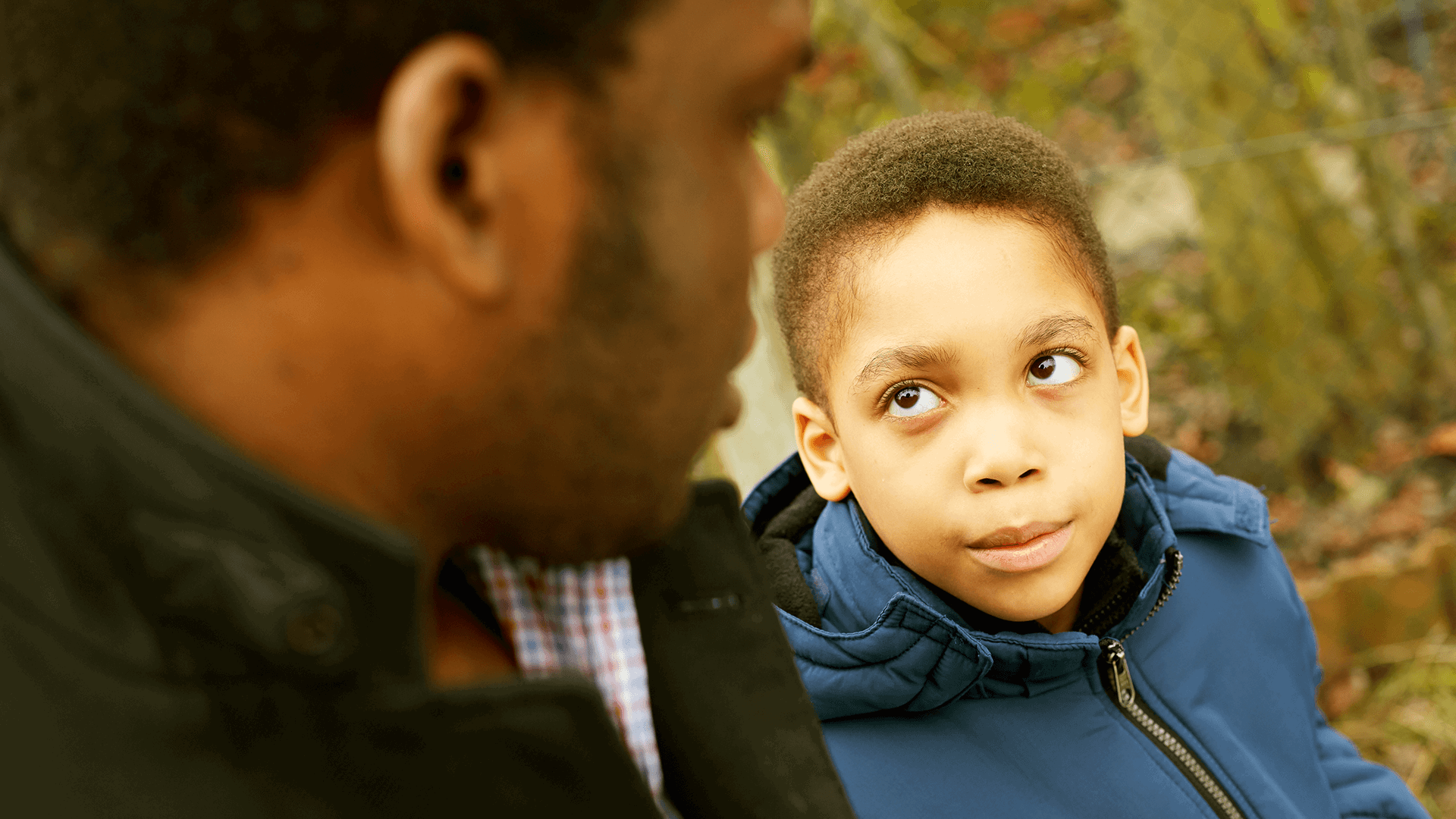
There are lots of organisations who provide counselling and other types of support to families, children and young people after a bereavement.
Sometimes, the grieving process starts before someone dies. For example, when we know they are ill and they are going to die soon. This is sometimes called ‘anticipatory grief’. In pre-bereavement counselling, your child or young person can talk through their feelings and worries. Some hospices and other organisations offer this service. Speak to the professionals supporting your family to see what’s available.
In bereavement or grief counselling, your child or young person will have a space to talk. They can also start to process some of their feelings around what’s happened. You may be able to access this service through:
- Winston’s Wish
- Your local Cruse Bereavement Support branch
- Take Our Hand, if your child or young person is aged 16-25
Let your child or young person know about the grief support services that are available to them via phone, text or online chat. You can find a list of support services below.
Over the longer-term, a counsellor or therapist can listen, provide emotional support and help your child or young person to make sense of their feelings. They can also support them to find ways of coping. You can find out how your child or young person can access counselling and therapy in our guide for parents.
Looking after yourself
Supporting a young person who is grieving can be a very emotional experience. Take time to look after yourself and top up your own batteries when you can. If you are also grieving, things may feel overwhelming at times. Allow space for your own grief too. Remember that it’s okay to ask for help from family and friends when you need it.
If you need support with your own grief, or you’re struggling to cope, it’s really important that you get the help you need. This will make you more able to be there for your child. You can access counselling, helpline support and support groups via the grief services listed below.
Useful helplines and websites
While we take care to ensure that the organisations we signpost to provide high quality information and advice, we cannot take responsibility for any specific pieces of advice they may offer. We encourage parents and carers to always explore the website of a linked service or organisation to understand who they are and what support they offer before engaging with them.
-
YoungMinds Parents Helpline
We support parents and carers who are concerned about their child or young person's mental health. Our Parents Helpline provides detailed advice and information, emotional support and signposting.
You can speak to us over the phone or chat to us online.
You can speak to us over webchat between 9.30am and 4pm from Monday-Friday. When we’re closed, you can still leave us a message in the chat. We’ll reply to you by email in 3-5 working days.
- Opening times:
- 9.30am-4pm, Monday-Friday
-
Winston's Wish
Offers practical support and guidance to bereaved children, their families and professionals.
Online chat service also available on their website.
- Opening times:
- 8am-8pm, Monday - Friday
-
Hope Again
Cruse Bereavement Care’s website for young people experiencing grief.
Has lots of personal stories from young people who have lost someone, as well as information and advice.
- Opening times:
- 9:30am - 5pm, Monday - Friday
-
Cruse Bereavement Care
Support for anyone who is grieving. You can get help through their Helpline or access 1:1 sessions with a bereavement supporter.
- Opening times:
- 9.30am - 3pm, Monday to Friday
-
Grief Encounter
Supports children and young people through bereavement.
Free webchat service available.
- Opening times:
- 9am - 9pm, Monday - Friday
-
Marie Curie
Offers care, guidance and support for people living with any terminal illness and their families.
If English isn't you or your family's first language, they can provide an interpreter for over 200 different languages.
Free online chat service also available.
- Opening times:
- 8am - 6pm, Monday - Friday; 11am - 5pm, Saturdays; 10am - 4pm, Bank Holidays
-
Survivors of Bereavement by Suicide (SOBS)
Offers support for people over the age of 18 who have lost someone to suicide.
- Opening times:
- 9am - 9pm, Monday - Friday

This page was reviewed in October 2023.
It was created with a parent or carer with lived experience of supporting their child or young person with grief.
We will next review the page in 2026.
YoungMinds is a proud member of PIF TICK – the UK's quality mark for trusted health information.
Whether you love the page or think something is missing, we appreciate your feedback. It all helps us to support more young people with their mental health.
Please be aware that this form isn’t a mental health support service. If your child is in crisis right now and you want to talk to someone urgently, find out who to contact on our urgent help page.
At YoungMinds we take your privacy seriously. If you’d like to read more about how we keep the information we collect safe, take a look at our privacy policy.
